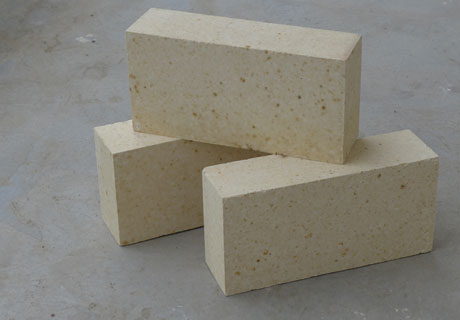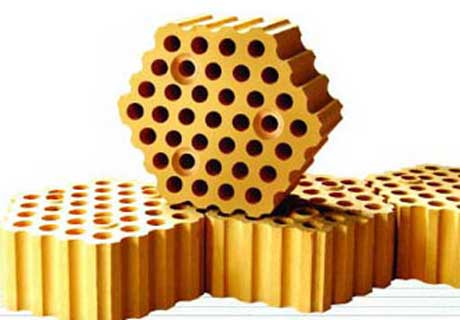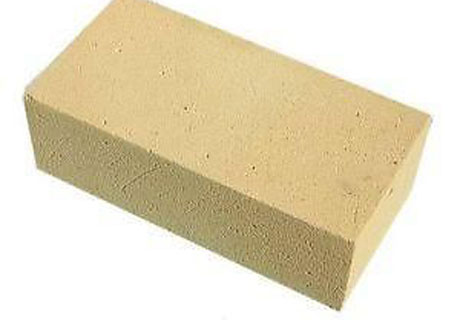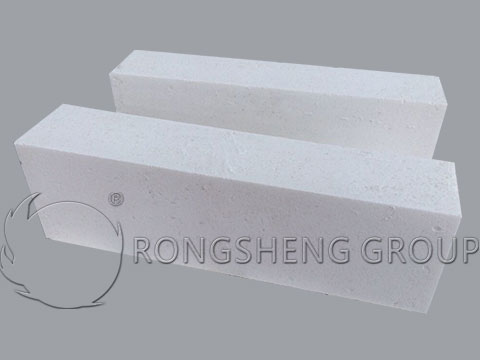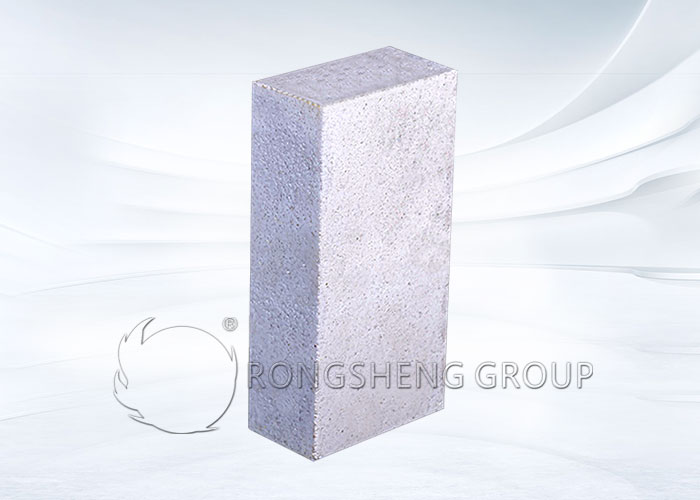From the definition, refractory materials are generally divided into two types, unshaped refractory materials, and shaped refractory materials. Shaped refractories generally refer to refractory bricks. This means that the insulating fire brick is a kind of refractory brick. However, there are still some differences between insulating fire brick and refractory bricks.
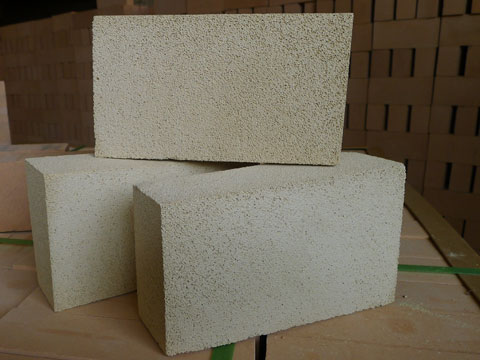
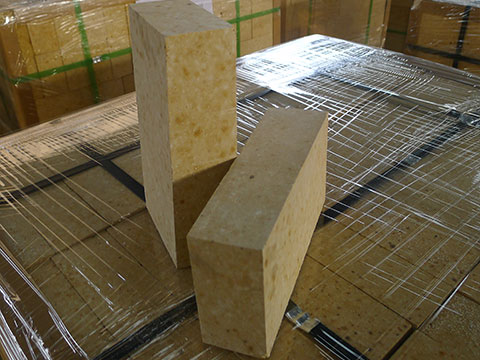
Refractory Bricks
Refractory bricks have high mechanical strength and long service life. And good chemical stability, no chemical reaction with the material, and good high-temperature resistance, higher heat resistance temperature can reach 1900 ℃. It is especially suitable for the lining of smelting furnaces and can withstand high temperatures of 1580℃-1770℃. Of course, there are many other thermal furnaces’ refractory linings that also require refractory bricks for masonry.
Refractory brick has the advantages of high density and high strength; good wear resistance and corrosion resistance; small thermal expansion coefficient. Due to the characteristics of the refractory brick itself, the main components of the refractory bricks determine the quality and characteristics of them. Generally, the most prominent advantages of refractory bricks products with different raw materials are also different.
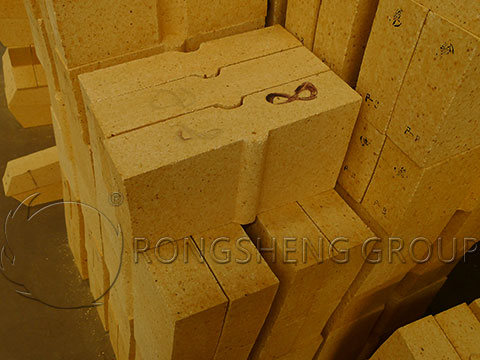
Insulating Fire Brick
Insulating fire brick, also known as lightweight refractory brick. Its most notable features are small volume density, low thermal conductivity and compressive strength, and high apparent porosity. It can effectively prevent the heat flow from passing through the enclosure structure and reduce the heat loss of kilns and other high-temperature equipment.
Insulating fire bricks are generally used as linings or insulation layers of industrial kilns. Saving energy can effectively improve production efficiency. However, due to the large apparent porosity of the refractory products, loose structure, low strength, poor resistance to various types of erosion and wear resistance, it can only be used more in the heat insulation layer of kilns and other high-temperature thermal equipment. Generally, it is not suitable for work lining and heavy load-bearing parts.
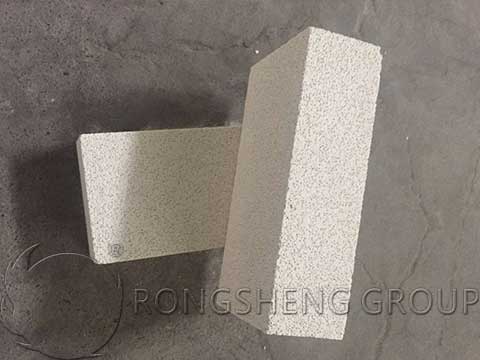
Differences between insulating fire brick and refractory bricks
Refractory bricks and insulating fire brick are very different. Their working environment, applications, and the role played in the refractory lining are all different.
Density.
Insulating fire bricks are used as insulation materials, and their general density is around 0.8-1.0 g/cm3. However, as a refractory material, refractory bricks have higher density requirements. The density of refractory bricks is basically above 2.0g/cm3. Because of the greater density of refractory bricks, the better the compactness and the higher the strength.
Refractoriness.
The performance of thermal insulation bricks is mainly in thermal insulation. Although it has certain fire resistance, it is still not as good as fire brick in fire resistance. The fire resistance of insulating fire brick is generally below 1400 degrees. But refractory bricks are different. As a refractory material, refractory bricks have refractoriness above 1400℃. Therefore, its fire resistance can achieve flame retardant or even non-combustible effect.
Insulation performance.
The thermal conductivity of light insulation bricks is generally 0.2-0.4 w/m.k, (average temperature 350±25℃). The thermal conductivity of refractory brick is above 1.0 w/m.k, (average temperature 350±25℃). It can be concluded that the thermal insulation performance of thermal Insulating fire bricks is much better than that of refractory bricks.
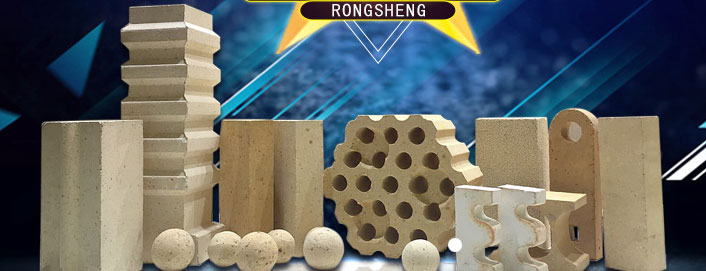
Conclusion
Any furnace is not built with only one kind of refractory bricks, it needs a variety of different types of refractory bricks to be used together. Insulation bricks and refractory bricks have their advantages in performance. Therefore, when choosing, it must be based on the working conditions of thermal equipment. Of course, if your thermal furnace needs other types of refractory materials, Such as high alumina bricks, silica insulation bricks, magnesia bricks, chrome bricks, etc. Rongsheng Refractory Bricks Manufacturer will also provide you suitable recommendations!

